Early Elementary Homeschool Curriculum: Top Picks
I first published this post of early elementary homeschool curriculum picks a few years back, but I’m still a super-fan of everything listed below.
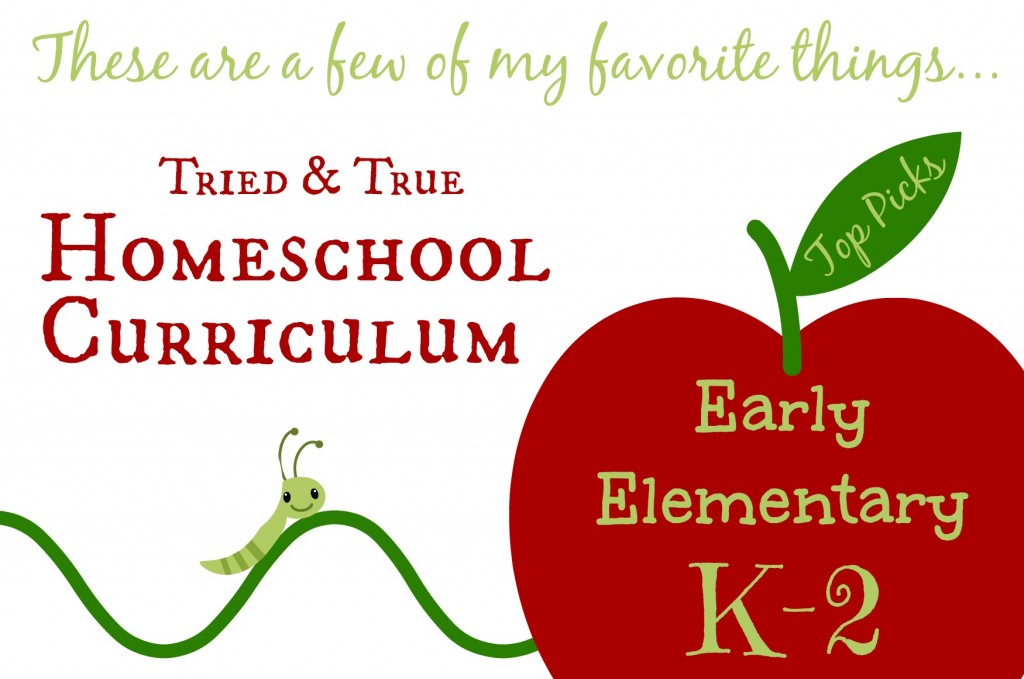
My little fella is steadily moving on in school. He’s reading real books and working on real math problems. He builds amazing Minecraft structures and plays basketball better than I do. And he loves history and science. (Shh…Do you know why? Because most of history and science are spent snuggled up reading and living literature together. His big-boy self wouldn’t want me divulging that secret to the world. These moments are memories, though. And something tells me he’ll appreciate remembering just as much as me someday.)
As I plan that 2nd-grade year, I find myself returning to some of the same curricula I used with my big kids (who are now in high school)—Curricula that worked, made a difference, held interest, and are what I like to call tried and true.
With so many choices on the market, it can be easy to jump from one thing to another, thinking that the next new thing will be better—more learning, more fun, more whatever. Of course, I’ve switched things up here and there to meet different learning styles, interests, or academic needs. But the curricula listed below are products I wouldn’t dare trade.
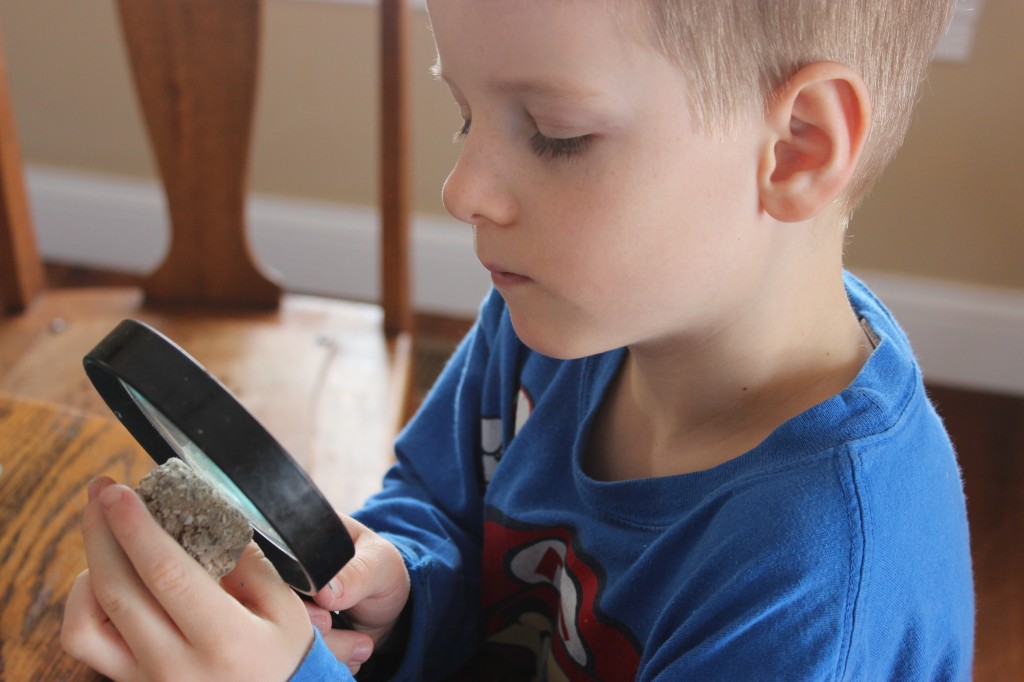
This post contains affiliate links.
These products have found a special place in our home and have been used with at least two (and usually all three) of my children at some point during the early elementary years. This isn’t an exhaustive list of the elementary homeschool curriculum I’ve used for K-2 but a best-of-the-best list.
Don’t miss this part: Just because I highly recommend something doesn’t mean it works with every child in every situation. Each of these products has worked in our home. I hope they work in yours, too, but never use anything just because someone else says it’s great.
Early Elementary Homeschool Curriculum
Bible
The Child’s Story Bible by Catherine Vos with The Big Picture Bible Time Line coloring book makes for an excellent early Bible curriculum. The chronological stories from the Bible are written for children, but don’t water down the Word with twaddle. To help children make visual connections and to keep the stories fresh in their memories, copy pages from the timeline coloring book for them to color as you read. Hang the completed pictures on your schoolroom wall chronologically and let them stay there until the Bible is completed.
This approach to Bible study could be used through 5th grade.
Language Arts
Teach Child Read 100 Easy Lessons is my favorite all-in-one curriculum choice for teaching children to read. The step-by-step, narrated lessons are accessible to the parent and give children early success in reading actual words. At the end of the 100 lessons (completed at your own pace), children should be reading on a 2nd-grade level.
The stories can often be twaddle, but my children have found them engaging, nonetheless. The lessons are phonetically based and include mastery of sight words as well. I’ve had success using this program as early as four years old, although not all my children were ready to read.
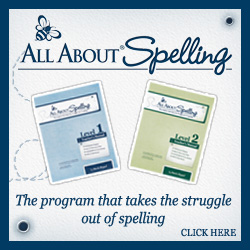
I’m a big believer in phonics instruction – helping children understand letter sounds to read words, no matter how long the words are. While I don’t necessarily advocate in-depth spelling instruction at an early age, All About Spelling is a program I wholeheartedly support.
Why? It teaches more than just spelling – it’s a thorough phonics program that will benefit both spelling and reading. The multi-sensory approach makes it appropriate for all learning styles, too. The rules learned during these early lessons have been carried through for many years of homeschooling success.
Math
Horizons Math from Alpha Omega has been our go-to textbook math curriculum in the early years for two main reasons: the workbook pages are colorful, and the lessons are short and sweet. You heard me right—colorful, short, and sweet. Those reasons sound petty, don’t they?
I’ve seen many early math curricula. Some expect way too much work from children on a daily basis, some expect way too much prep from me, and others go overboard on manipulatives. Some have such boring worksheet pages that even I don’t want to look at them.
Since we only do textbook work about three days a week and include living math the other days (see below), I wanted a program that was easy to implement, kept my children’s attention, and gave just enough daily practice on important math skills. Horizons has been that curriculum for us.
We use Horizons from Kindergarten through 3rd grade.
Loving Living Math is a book I wrote after years of doing “other stuff” for math a couple of days a week and hearing question after question asking what exactly I was doing and why I was doing it.
Most math textbooks don’t include enough real-world math, problem-solving opportunities, logical/critical thinking practice, or connections to other academic areas. These skills are important enough to me that we spend at least two days a week doing this “other stuff” instead of the workbooks. Loving Living Math teaches parents how to do that no matter their children’s age.
Early Logic
I just mentioned early logic and critical thinking above. Most people are surprised that I include logic lessons in our homeschool as early as preschool and kindergarten. Not only is it entirely possible to do so (especially with materials like those I’ve pictured above), but it is also super motivating for children. All of mine have begged for logic time.
Science
In the early years of homeschooling, a formal science curriculum isn’t necessary. We spend A LOT of time casually learning about science through living literature, simple science experiments, and nature walks. I wrote the NaturExplorers series (more than 20 topics) for children between the ages of 1st-8th grades. Not only can you find ideas for serious, in-depth nature study for your older children, but you’ll also find plenty of ideas for more casual nature walks that are perfect for K-2nd graders.
Don’t forget that I teach live, online nature study classes for children at No Sweat Nature Study! Let me teach science for you…and, hopefully, inspire many scientific explorations, too.
History/Geography
Again, a formal history or geography program isn’t necessary in the early grades. We simply spend time reading a lot of living literature and mapping a little here and there when it seems appropriate.
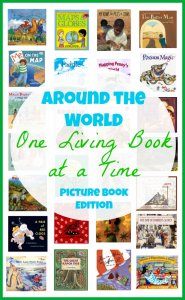
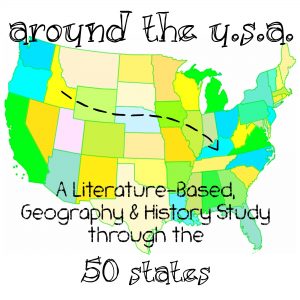
Believe me, it’s enough. How do I know? I pushed my firstborn hard in the early years. We did a formal history and science curriculum beginning in K4. It didn’t damage her for life. However, we spent way too much time on schoolwork, trying to fit it all in. Over the years, she repeated every single bit of information two and three times over through other studies. My boys have enjoyed a much more casual science and history time in the early years and have not been behind at all.
Fine Arts
Our art and music learning is very “free-range” at this age. Many art supplies and musical instruments are easily accessible for exploration and play. Various styles of music play in the background as we work around the house. And we read lots and lots of living books about artists and composers.
One worthwhile purchase, especially for car rides, is Maestro Classics. They are full of kid-friendly music, fun stories, and easy-to-understand musical explanations.
I would love to hear about some of your favorite early elementary homeschool curricula! Feel free to share in the comments.
More top picks!
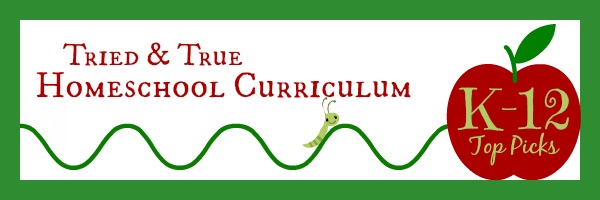
Upper Elementary Top Picks (3-5)

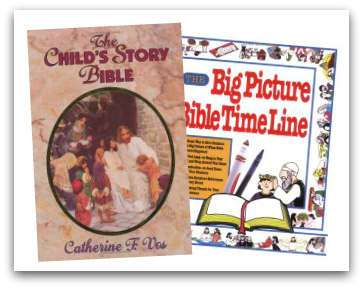

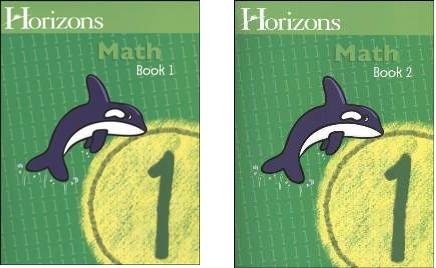
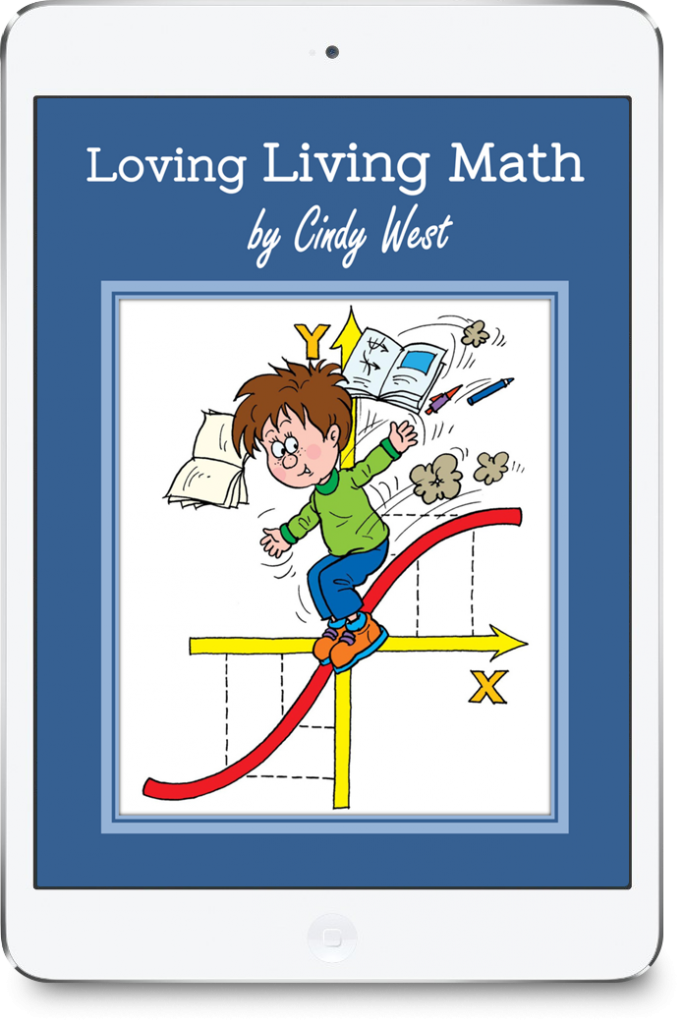

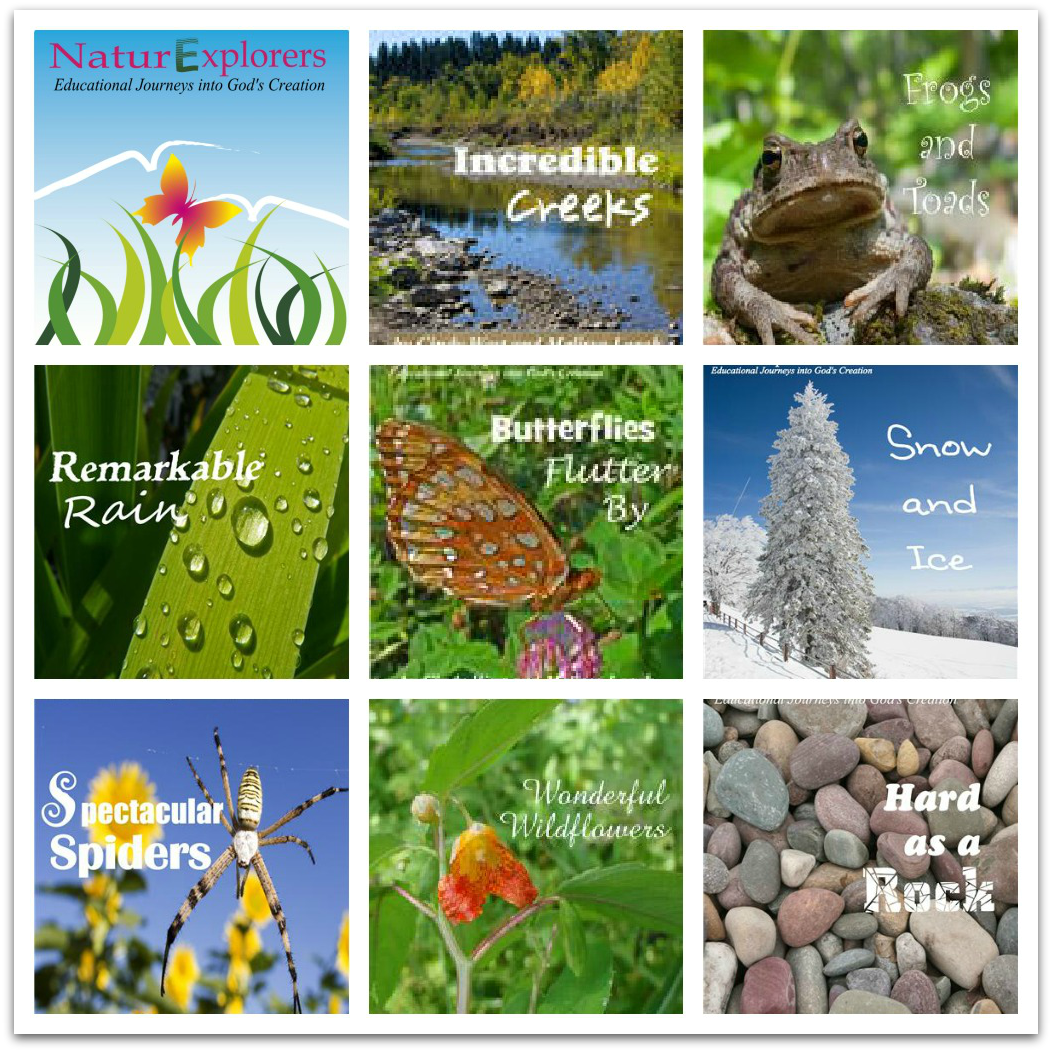
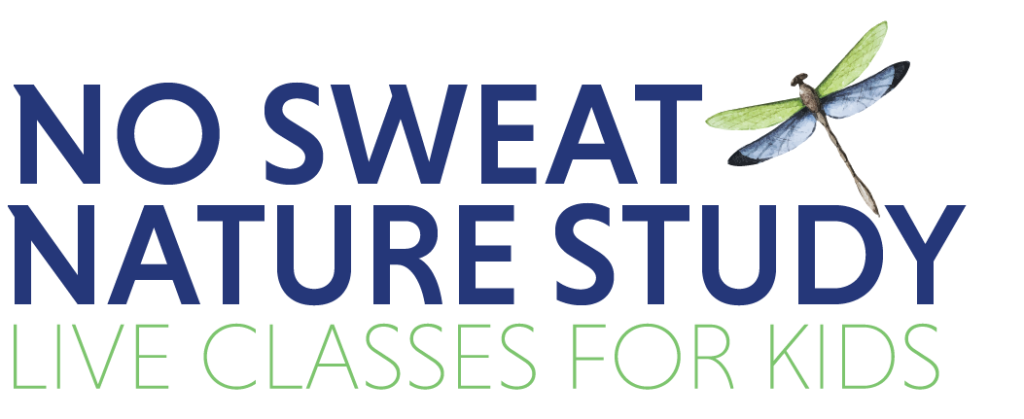
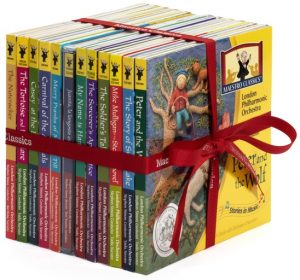
This is a great article Cindy! Thanks for sharing your favorites and your insights.
You are most welcome!
Really encouraging to hear your take on science and history! Thank you.
You’re welcome, Kacie! Enjoy your school year. 🙂
Thanks for stopping by The Homeschool Post and linking up. These are great lists! Very nicely organized.
Thanks so much for sharing what you use and how it has been helpful. After your kids finished 100 easy lessons, did you use anything in particular to teach them the longer phonograms?
Julie,
Yes, I usually move right into some sort of phonics-based program – like Explode the Code, All About Spelling, or The Logic of English. I’ve listed those in order of a child who needs less phonics instruction to a child who needs more. Let me know what you go with!
This is fabulous and exactly the post I needed to see and read this evening. I am praying about going “back to homeschool” next year. This is my first year “off”, but I am ready to start with my early elementary kids (while my oldest two are in high school). I am inspired and excited – although I homeschooled for 5 years, I never homeschooled the early grades. Thank you! Great resources and thorough explanations!
Oh, Suni! I’m so glad to hear it was helpful! 🙂 Many blessings as you jump back into homeschooling with your younger ones!
What would your advice be to someone just starting this adventure of homeschool as far as picking curriculum? I come from public education too. Taught 1st grade for 4 years before having our first child and deciding to stay at home. I have a 3yr old who will be 4 in April. I know what my child needs to know. I am just so lost on where to begin with curriculum. I did the book teach your child to read in 100 easy lessons but we stopped at like lesson 79 because the lessons just started to become too long and boring for her. So I started letting her read in books. I don’t know where to go in math but Horizons sounds like something I would be interested in. There are so many options out there how do you choose? I don’t want to flop from one thing to another. I’m the type of person who needs a plan.
Jenny,
Great question! You will likely be fine no matter what proven curriculum you choose for any subject. I would definitely suggest looking at all the samples you can find online to compare before you buy. Each curriculum will have different methods and you should be able to pinpoint which method might work best for your daughter. However, the beauty of homeschooling is that we can certainly set aside one curriculum and move on to something better if we see the need. With a young 4yo, I would simply surround her with lots of books and play right now. Prime the future with some real-life, hands-on, experiential fun in subjects like math and science. Workbooks or other curriculum are okay if she shows a desire, but it’s not at all necessary for little ones. They learn so very much through play and books. Have fun. Homeschooling is such a blessing!!
What is your reason for switching from Horizons math to Saxon math starting in 4th grade? I’m curious because my kids have been doing Horizons math but will be starting 4th grade soon. Thanks:)
Jen, I think Horizons through 6th grade is an entirely okay plan. Horizons is a great program! For me, I like the idea of transitioning from the workbook to a textbook a little earlier in order to train them well to transfer problems from a text to paper. The actual act of transferring problems, plus organizing the work neatly and having the space to work out all problems thoroughly are the main reasons we transition. That and the fact that I really like Saxon’s methodology and prefer to get them used to it sooner than later. If you love Horizons, I say keep on keeping on! 🙂
Wow, I just discovered your website. Amazing information, thank you. I wanted to know if you have any insight on ways to interact and connect kids together even while homeschooling. My husband and I are starting to have conversations about home schooling and he is worried that the children would suffer socially from being homeschooled, do you have information on this topic?
Hi Jessica! There are actually many MORE socialization opportunities for homeschool kids than those who attend same-age classrooms. It might take a little more effort on your part, but you can enjoy playdates with friends of all ages, attend special events at museums (and a myriad of other places), enjoy co-op classes with other families, start a nature walk club, go on field trips with friends, take part in service projects, and so, so much more. The varied opportunities and the fact that your children will be with children and adults of all ages makes them highly socialized and satisfied. 🙂
Heya.
This is my own story in order to tell here. As a little child I was homeschooled for many years. It allowed us to be a family, to embark on day trips and go to parties. One art lesson was dedicated to sketches of trees. Best wishes.
Another art lesson was spent doing fun pumpkin art. We rarely used a textbook. Instead we always improvised. My sister learnt the oboe and I studied the guitar and violin. Most of the literature classes were a chance to learn a number of new skills. For math lessons the techniques varied.